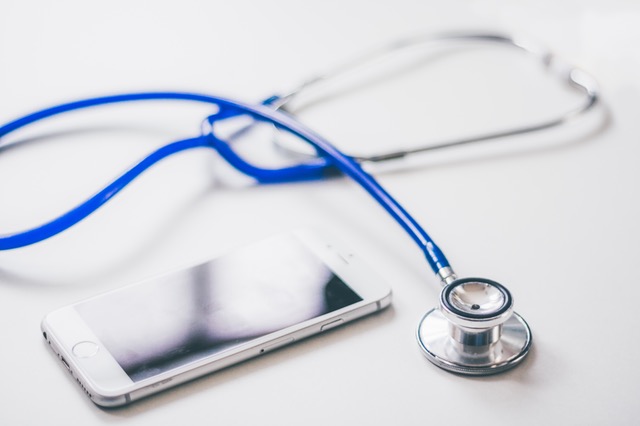There are all sorts of ideas about millennials – the men and women born between the years of 1980 and 2000. There are many who believe that they are spending money on the wrong things, indicating that their priorities might not be aligned the way that they should. There are all sorts of memes and lists that point out how millennials are often more impatient, entitled, and sensitive than other generations, as well. While many might not agree with this characterization, the stereotypes are already out there.
There is also other evidence that they are not as patriotic as previous generations, and also that they are uninformed. Either way, one area where millennials have had some positive impact is that they have forever changed clinical research. There are over 75 million millennials in the United States, and here are some of the ways that millennials have impacted the sector.
Attitude and Perspective
One great thing about millennials is that many of them have watched the massive benefits of technology in healthcare and in other areas of life. This means that when it comes to technology and medicine, they are much more likely to embrace innovative solutions to medical issues. Whether it?s mobile apps that could potentially help the doctor-patient relationship, or wearable technology that could help make various processes more efficient – millennials are more open-minded to the idea of technology improving operations. The fact that GoFundMe regularly raises money for all sorts of medical emergencies is not a concept that is lost on millennials, and they seem to understand more than most that technology can make the world a better place.
In addition, millennials understand that healthcare should be more customized and geared towards the patient. Tim Davis, VP of a company called Digital Patient Solutions, states: ?There is a drive by the pharmaceutical industry as a whole toward patient centricity, and for millennials, technology will be the cornerstone of achieving this.?
Transparency
One of the great things about millennials is that they are more likely to expect transparency. While previous generations may have kept their opinions more to themselves, there are now companies dedicated to online reviews, such as Yelp, that are valued in the billions. The idea is that the customer has a right to know what to expect. Similarly, there are now often videos that go viral, where a certain individual might be held accountable for their behavior, whether they are a lawyer or a property manager.
This is great for patients who might go out of their way to make sure that the trials that they undertake live up to their standards, whether they are involved in studies offered from companies such as Miami Clinical Research, where paid trials are often an option, or simply want to make sure that the results are shared for the benefit of others. Similarly, millennial researches, thanks to technology advancement, might expect more in terms of data collection standards and data accuracy – which can clearly benefit the overall public, as well.
Collaboration
One thing that millennials that have absolutely embraced is the idea of collaboration. In the past, researchers weren?t exactly too keen on sharing data, which makes sense, given the fact that certain studies could elevate a researcher in terms of status. There is much more of a ?team player? mentality with regards to modern research, with the idea that one should focus on providing value. In fact, many point out that millennials are a ?purpose-driven? generation, and while they value money, they do believe in collaborating to create the most positive impact.
This might be due to the fact that the open-source model has forever changed technology, and many millennials witnessed the way that sharing information revolutionized the world forever.
Conclusion
Either way, considering that millennials are now a huge factor with regards to the workforce, it means that information might be shared more freely, which could lead to more results, innovation, and breakthroughs.

